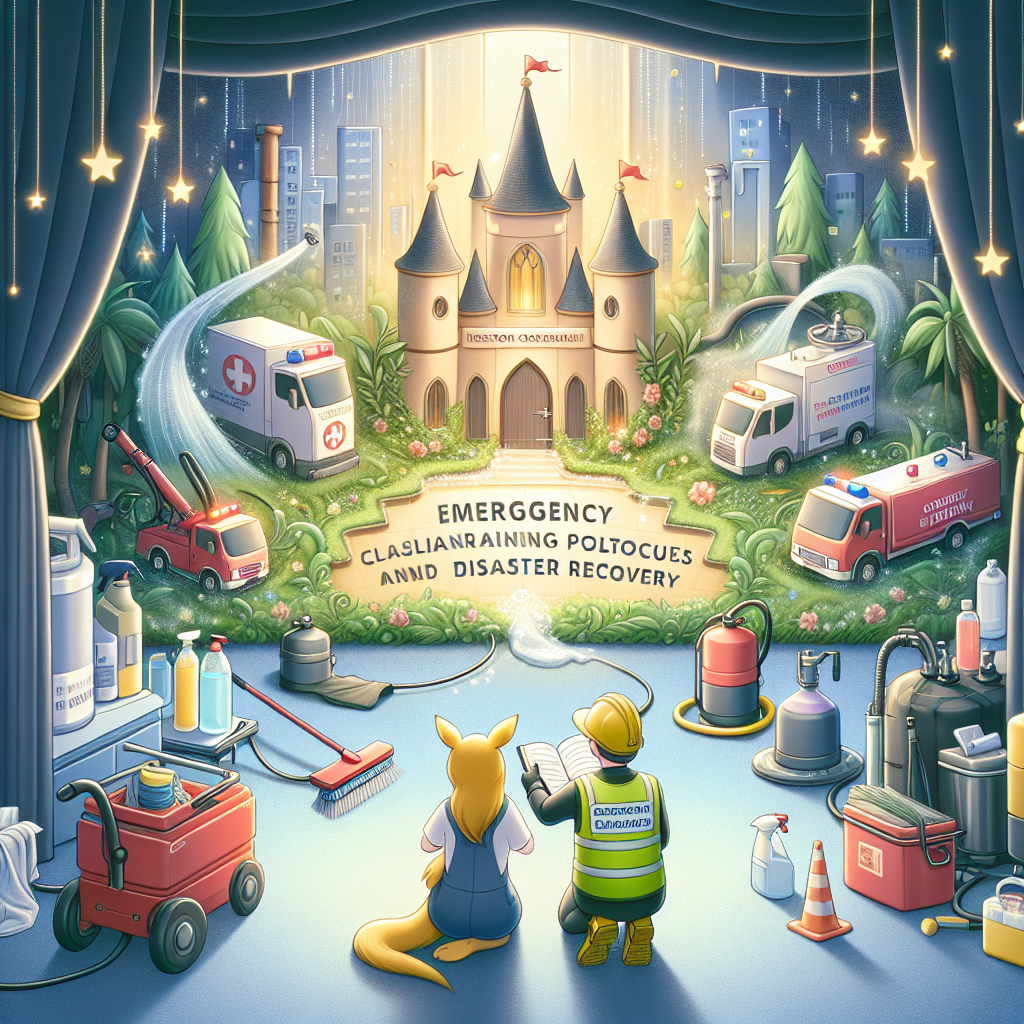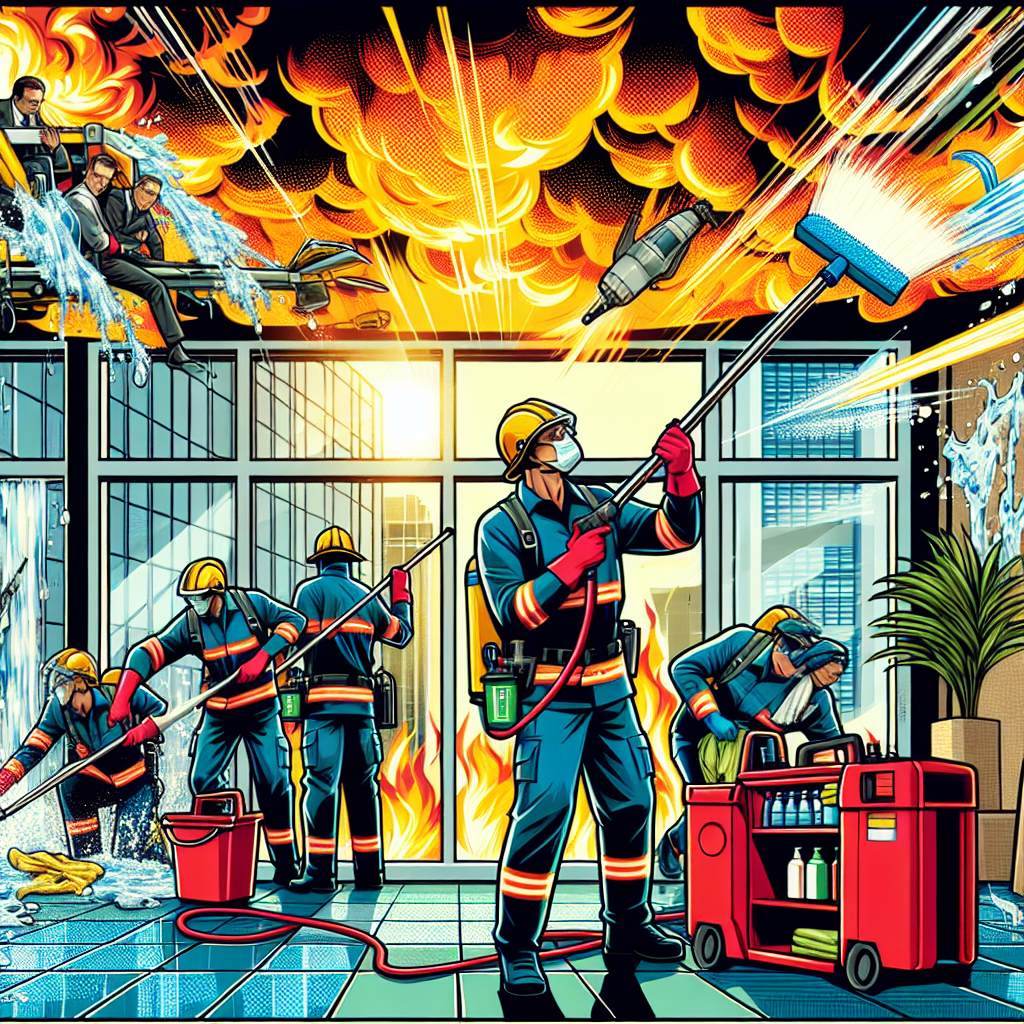Emergencies can strike at any moment, and as cleaning professionals in the hospitality industry, being prepared to handle such situations with efficiency is crucial. Quick and effective action can make a significant difference in restoring order and minimizing disruptions. In this guide, we will explore key strategies and techniques to tackle emergency cleaning scenarios with professionalism and expertise.
1. Stay Calm and Assess the Situation
When faced with an emergency cleaning task, the first step is to remain calm and assess the situation carefully. Evaluate the extent of the damage or mess to determine the appropriate course of action.
2. Establish Clear Communication Channels
Effective communication is key during emergency cleaning operations. Ensure that team members are informed of their roles and responsibilities. Establish clear channels for reporting updates and coordinating efforts.
3. Prioritize Safety Protocols
Safety should always be the top priority in emergency cleaning situations. Identify potential hazards and risks, such as slippery floors or contaminated areas, and take necessary precautions to protect yourself and others.
4. Assemble the Right Tools and Supplies
Having the appropriate cleaning tools and supplies on hand is essential for efficient emergency cleaning. Ensure that your team is equipped with gloves, masks, disinfectants, mops, and other necessary items to tackle the task at hand.
5. Act Swiftly but Methodically
While it's important to work quickly in emergency situations, it's equally crucial to maintain a methodical approach. Rushing through the cleaning process can lead to oversights or incomplete tasks. Strike a balance between speed and thoroughness.
6. Utilize Specialized Cleaning Techniques
Depending on the nature of the emergency, you may need to employ specialized cleaning techniques. For instance, dealing with biohazards or infectious materials requires following specific protocols to ensure proper cleanup and disinfection.
7. Delegate Tasks Effectively
Divide the cleaning responsibilities among team members based on their skills and expertise. Delegate tasks effectively to maximize efficiency and ensure that every aspect of the cleanup is addressed promptly.
8. Monitor Progress and Make Adjustments
Regularly monitor the progress of the cleaning operation and be prepared to make adjustments as needed. Flexibility is key in handling emergency situations, as unforeseen challenges may arise during the cleanup process.
9. Document the Cleaning Process
Keep detailed records of the emergency cleaning process, including before-and-after photos, cleaning procedures followed, and any challenges encountered. Documentation is essential for accountability and future reference.
Remember, being prepared for emergency cleaning situations is half the battle won. By following these professional tips and techniques, you can handle unexpected challenges with efficiency and confidence, ensuring a swift and effective cleanup process.
When it comes to emergency cleaning, quick thinking, effective communication, and proper planning are paramount. By staying focused, organized, and proactive, you can navigate through any cleaning crisis successfully and maintain a clean and safe environment for guests and staff alike.



